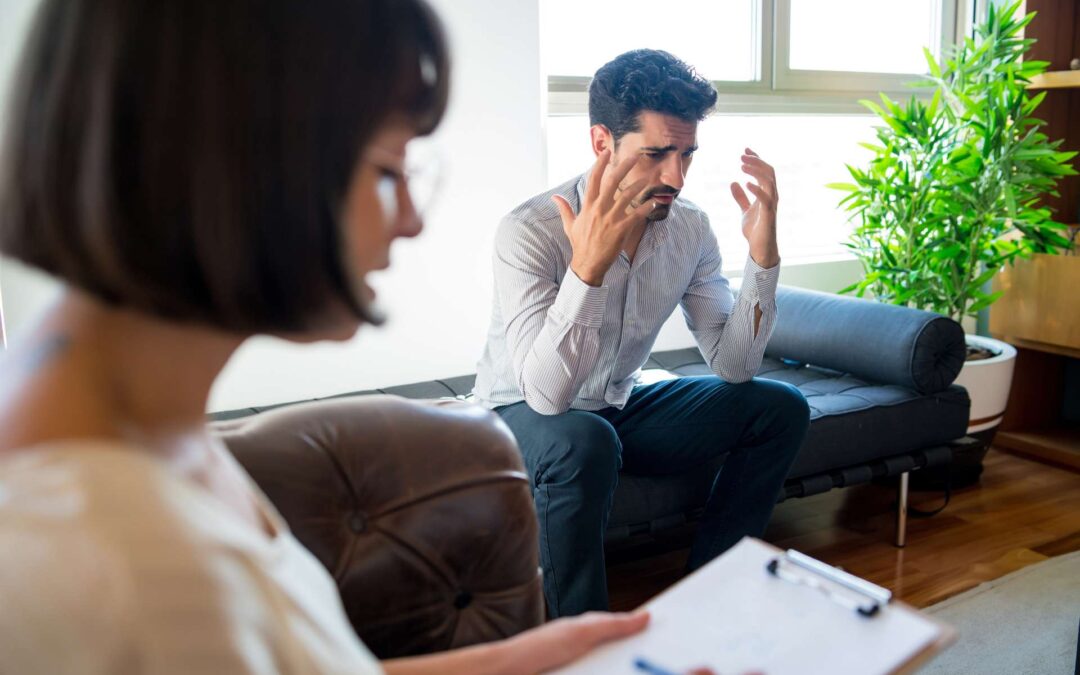If you’ve never been in therapy before, the idea of walking into your first appointment can be intimidating, especially if you don’t know what to expect. Therapy is all about finding the support you need, and understanding what to expect can help ease some of that anxiety.
Here’s a friendly, behind-the-scenes look at what you can expect during your first therapy session.
- Getting to Know Each Other
The first thing you’ll do in therapy is meet your therapist and get to know each other. It’s normal to feel a bit nervous at the start, but remember, your therapist is there to make you feel comfortable and supported. You don’t need to have everything figured out, have all the answers to start, or even know what you want to talk about! Your therapist is there to listen and gently guide the conversation.
During the first session, your therapist will likely ask some questions to help understand who you are, your background, and what’s bringing you to therapy. This might include talking about your current situation, any challenges you’re facing, and any specific goals you have for therapy.
This structure won’t persist throughout your time with your therapist, but it’s helpful in the beginning for your therapist to understand your unique background and tailor the therapy to meet your needs.
- Exploring Your Concerns
As your session continues, you might dive deeper into what brought you to therapy in the first place. If you’re feeling overwhelmed, anxious, or stuck in a pattern of negative thinking, this is the time to start sharing those feelings. You don’t have to get into all the details right away, but your therapist will guide the conversation so you can provide additional information as you feel comfortable.
Remember, the goal isn’t to rush into solving everything in one session, but to begin unpacking your thoughts and feelings in a safe and supportive environment. The process is all about building trust and a relationship where you feel heard.
- Setting Goals and Expectations
Towards the end of your first session, your therapist may talk with you about what you’d like to achieve in therapy. Do you want to learn how to manage stress better? Work through relationship issues? Or just have a space where you can process your thoughts without judgment? Setting clear goals helps give therapy direction and ensures you’re working toward what’s important to you.
You’ll also discuss how therapy will work moving forward. This may include:
- How often you’ll meet
- The approach your therapist
- How long you can expect the process to take
At this point, it’s totally fine if you’re not sure about all your goals or if you just want to explore a little more before deciding where to focus.
- No Pressure to Share Everything
Finally, it’s important to remember that you don’t have to share everything during your first session. Therapy is a gradual process, and you’re in control of how much you reveal. Your therapist’s job is to help you feel comfortable, not to pressure you to open up too quickly. If something feels too personal or if you’re not ready to discuss it yet, that’s completely okay.
Your first therapy session is an important step in taking care of your mental health, but it doesn’t have to feel overwhelming. It’s a conversation that helps you build a relationship with your therapist and start exploring how to work through the challenges you’re facing. By the end of the session, you’ll hopefully feel a little lighter and more confident about the road ahead.
Therapy is a process, and it’s okay to take your time. The most important thing is that you’ve taken the first step toward feeling better, and that’s something to be proud of!

